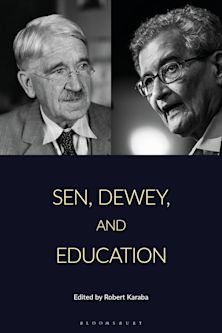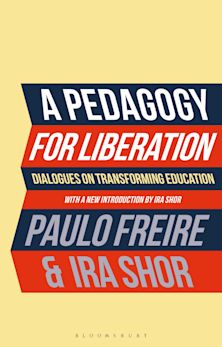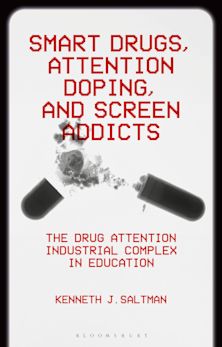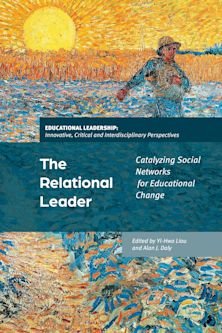Disabling the School-to-Prison Pipeline
The Relationship Between Special Education and Arrest
Disabling the School-to-Prison Pipeline
The Relationship Between Special Education and Arrest
This product is usually dispatched within 3 days
- Delivery and returns info
-
Free US delivery on orders $35 or over
Description
Young people who have received special education services in the United States are vastly overrepresented in juvenile and adult criminal justice systems relative to their numbers in the general population. Although much existing research blames individual kids for getting arrested, school-level policies and practices affect a variety of student outcomes, including involvement with the justice system. These school-level policies and practices can—and should—be altered by teachers, administrators, and policy makers to reduce the number of young people getting arrested.
Disabling the School-to-Prison Pipeline uses administrative data from New York City public schools and interviews with young people who have received special education services in NYC public schools and been arrested to better understand how schools can help or harm students receiving special education services. Schools cannot fix all problems associated with the criminal justice system in the United States; however, we can certainly expect schools not to make existing problems worse. This book identifies school-level policies and practices that may lead to negative outcomes for students, such as getting arrested, and suggests alternatives.
Table of Contents
2 – The School-to-Prison Pipeline and Dis/ability Today
3 – Special Education and the School-to-Prison Pipeline in New York City: An Overview
4 – Young People Talk About and Around Special Educators and Peers with IEPs
5 – Moving From the General to the Particular and Back: Generalizability and Variability in the School-to-Prison Pipeline
6 – Diverting the School-to-Prison Pipeline
Product details
| Published | Feb 17 2023 |
|---|---|
| Format | Paperback |
| Edition | 1st |
| Extent | 158 |
| ISBN | 9781793624192 |
| Imprint | Lexington Books |
| Dimensions | 9 x 6 inches |
| Series | Critical Issues in Disabilities and Education |
| Publisher | Bloomsbury Publishing |
Reviews

ONLINE RESOURCES
Bloomsbury Collections
This book is available on Bloomsbury Collections where your library has access.



































